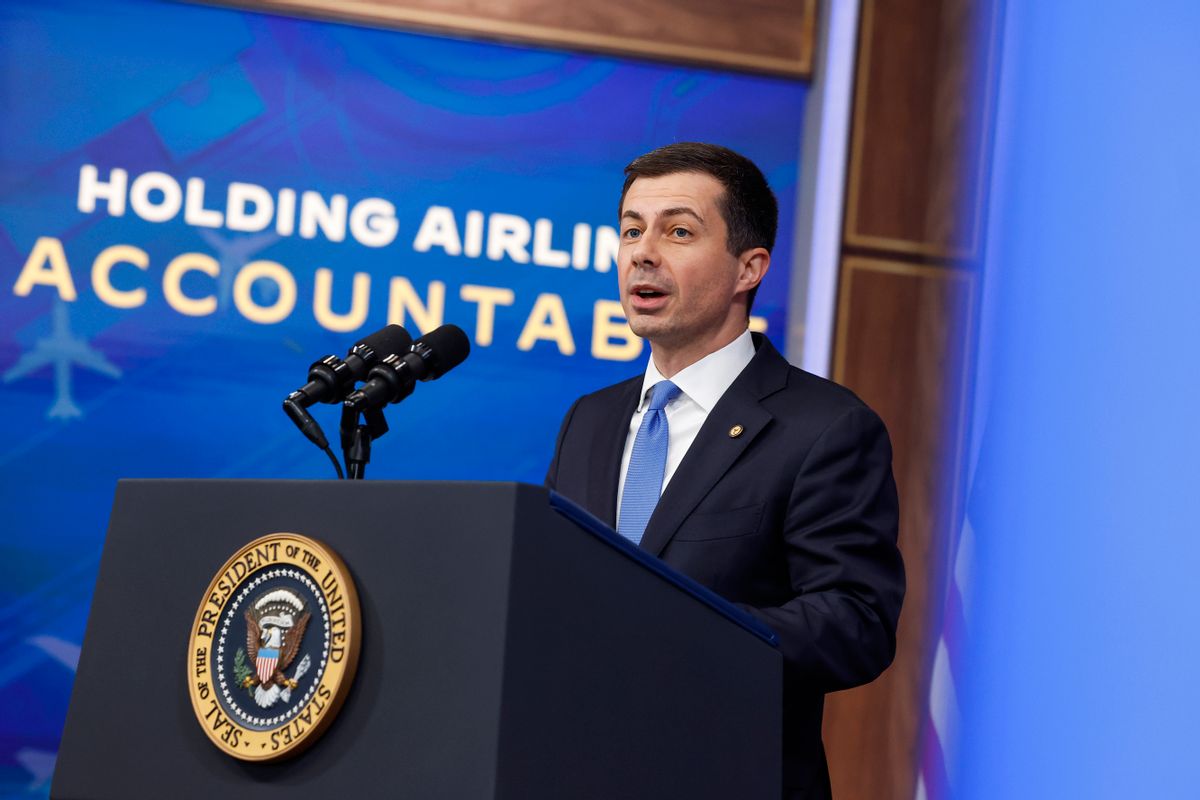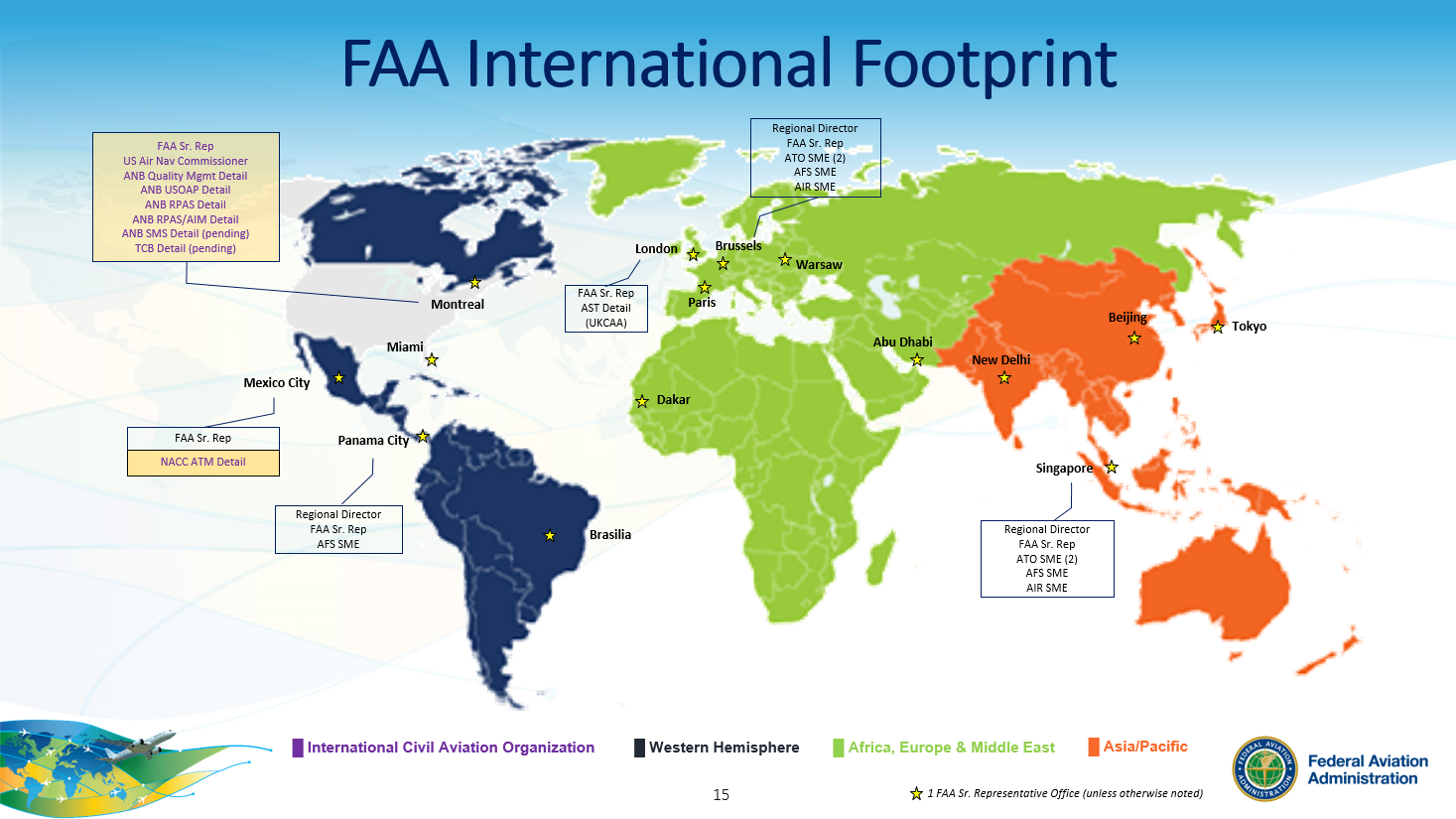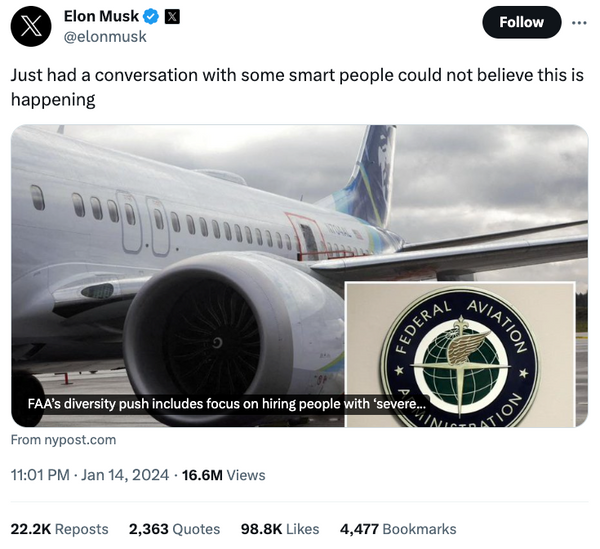FAA Dei Policy: Your Ultimate Guide To Understanding Its Impact And Importance
Ever wondered what the FAA Dei policy is all about? If you're diving into aviation regulations or just curious about how air travel is governed, you're in the right place. The Federal Aviation Administration (FAA) plays a crucial role in ensuring safe skies, and their Dei policy is one of the key frameworks shaping modern aviation. Let's break it down for you in simple terms, so you can understand why this policy matters.
Nowadays, flying has become such an integral part of our lives that we rarely stop to think about the rules keeping us safe 35,000 feet above the ground. But behind the scenes, there's a lot going on to ensure every flight operates smoothly and securely. The FAA Dei policy is at the heart of these efforts, setting standards that airlines and pilots must follow.
Whether you're a frequent flyer, an aspiring pilot, or simply someone who wants to know more about how aviation works, understanding the FAA Dei policy can give you valuable insights. So buckle up, because we're about to take you on a journey through the world of aviation regulations!
Read also:Leann Rimes Finds Her Happy Place In Hidden Hills California
What Exactly is the FAA Dei Policy?
Let's start with the basics. The FAA Dei policy refers to a set of guidelines and regulations established by the Federal Aviation Administration to promote diversity, equity, and inclusion within the aviation industry. It's not just about creating fair opportunities; it's about fostering an environment where everyone feels valued and respected. This policy touches on everything from hiring practices to workplace culture, ensuring that the aviation sector reflects the diversity of the communities it serves.
But why does this matter? Well, think about it. Aviation is a global industry that connects people from all walks of life. Having a diverse workforce not only strengthens teams but also enhances innovation and problem-solving. The FAA Dei policy aims to create a level playing field, so no one is left behind. And trust me, this is a big deal in an industry that has historically struggled with inclusivity.
Why Was the FAA Dei Policy Introduced?
The introduction of the FAA Dei policy wasn't just a random decision. It came about as a response to growing concerns about representation and fairness in aviation. For years, the industry has faced criticism for its lack of diversity, especially in leadership roles. The FAA recognized this issue and decided to take action.
Here are some key reasons why the FAA Dei policy was introduced:
- To address systemic inequalities within the aviation sector
- To encourage more women and minorities to pursue careers in aviation
- To improve workplace culture and reduce discrimination
- To align with broader societal movements towards equality
By implementing this policy, the FAA hopes to transform aviation into a more inclusive and welcoming industry for everyone.
How Does the FAA Dei Policy Work?
Now that we know what the FAA Dei policy is and why it exists, let's dive into how it actually works. The policy is implemented through a combination of regulations, training programs, and outreach initiatives. Here's a breakdown of its key components:
Read also:Tom Sellecks Heartwarming Love Story With Jillie Mack
Regulations and Compliance
One of the main ways the FAA Dei policy operates is through strict regulations that airlines and aviation companies must adhere to. These regulations cover areas such as hiring practices, pay equity, and workplace conduct. Companies that fail to comply can face penalties, which serves as a strong incentive to follow the rules.
Training and Education
Education is another crucial aspect of the FAA Dei policy. The FAA offers various training programs designed to raise awareness about diversity and inclusion issues. These programs are mandatory for many aviation professionals and cover topics like unconscious bias, cultural competency, and effective communication.
Outreach and Community Engagement
Beyond regulations and training, the FAA also focuses on outreach and community engagement. This involves partnering with organizations that support underrepresented groups in aviation and hosting events to promote diversity in the industry. By reaching out to communities that have historically been excluded, the FAA hopes to build a more inclusive aviation sector.
Impact of the FAA Dei Policy on the Aviation Industry
So, what impact has the FAA Dei policy had on the aviation industry so far? While it's still relatively new, the policy has already started to make waves. Airlines and aviation companies are becoming more conscious of their diversity and inclusion efforts, and we're seeing some positive changes.
For example, several major airlines have reported increases in the number of women and minority pilots they've hired since the policy was introduced. Workplace surveys also indicate improvements in employee satisfaction and perceptions of fairness. However, there's still a long way to go, and the FAA remains committed to pushing for further progress.
Challenges Faced in Implementing the FAA Dei Policy
Of course, implementing a policy as ambitious as the FAA Dei policy isn't without its challenges. One of the biggest hurdles is changing deeply ingrained attitudes and behaviors within the aviation industry. Old habits die hard, and convincing people to embrace new ways of thinking can be tough.
Another challenge is ensuring consistent enforcement of the policy across different companies and regions. With so many players in the aviation sector, maintaining uniform standards can be difficult. Additionally, there's always the risk of resistance from those who feel threatened by change.
Benefits of the FAA Dei Policy
Despite these challenges, the benefits of the FAA Dei policy are clear. For starters, it promotes a more diverse and representative workforce, which can lead to better decision-making and innovation. It also helps create a more welcoming and respectful workplace environment, which can boost morale and productivity.
But perhaps the most important benefit is the message it sends. By prioritizing diversity, equity, and inclusion, the FAA is showing that these values matter. It's setting an example for other industries to follow and contributing to a broader cultural shift towards fairness and equality.
How Can You Get Involved with the FAA Dei Policy?
If you're passionate about diversity and inclusion in aviation, there are plenty of ways to get involved with the FAA Dei policy. Whether you're a student, professional, or simply someone who cares about these issues, your voice can make a difference.
Joining Diversity Programs
Many airlines and aviation organizations offer diversity programs that aim to support underrepresented groups. These programs often include scholarships, mentorship opportunities, and networking events. By participating, you can gain valuable experience and connect with like-minded individuals.
Advocating for Change
Another way to get involved is by advocating for change within your own organization or community. This could involve starting conversations about diversity and inclusion, suggesting improvements to existing policies, or simply being an ally to those who face discrimination.
Staying Informed
Finally, staying informed about the FAA Dei policy and related issues is crucial. Follow updates from the FAA, read industry reports, and engage with thought leaders on social media. The more you know, the better equipped you'll be to contribute to the conversation.
FAQs About the FAA Dei Policy
Still have questions about the FAA Dei policy? Here are some common queries and their answers:
What is the main goal of the FAA Dei policy?
The main goal of the FAA Dei policy is to promote diversity, equity, and inclusion within the aviation industry. It seeks to create a fair and welcoming environment for all aviation professionals.
Who does the FAA Dei policy apply to?
The policy applies to all companies and organizations operating under the jurisdiction of the Federal Aviation Administration, including airlines, airports, and aviation service providers.
How is compliance with the FAA Dei policy monitored?
Compliance is monitored through regular audits, inspections, and reporting requirements. Companies that fail to meet the policy's standards may face fines or other penalties.
Conclusion: Why the FAA Dei Policy Matters
In conclusion, the FAA Dei policy is a crucial step towards creating a more inclusive and equitable aviation industry. By addressing issues of diversity, equity, and inclusion, it aims to ensure that everyone has the opportunity to succeed in this exciting field. While challenges remain, the policy's potential benefits are undeniable.
So, what can you do? Whether you're a student, professional, or aviation enthusiast, consider getting involved in efforts to promote diversity and inclusion. Together, we can help shape a brighter future for aviation. And hey, don't forget to share this article with your friends and colleagues – the more people who understand the importance of the FAA Dei policy, the better!
Table of Contents
- What Exactly is the FAA Dei Policy?
- Why Was the FAA Dei Policy Introduced?
- How Does the FAA Dei Policy Work?
- Impact of the FAA Dei Policy on the Aviation Industry
- Challenges Faced in Implementing the FAA Dei Policy
- Benefits of the FAA Dei Policy
- How Can You Get Involved with the FAA Dei Policy?
- FAQs About the FAA Dei Policy
- Conclusion: Why the FAA Dei Policy Matters
Article Recommendations


